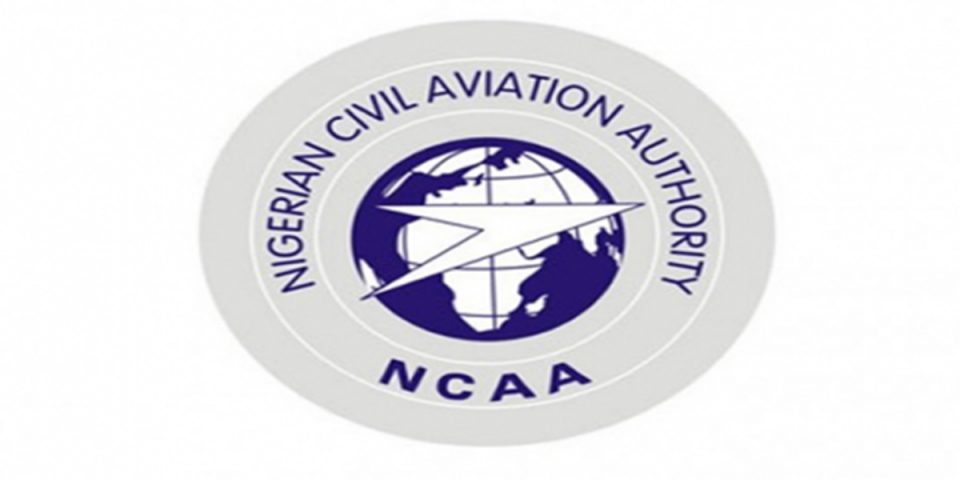The Accident Investigation Bureau (AIB), Nigeria and the Nigerian Civil Aviation Authority (NCAA)are organising a workshop to train Air Safety Investigators and Airport Correspondents, among others, in Abuja.
The 5-day workshop was organised in collaboration with Southern California Safety Institute (SCSI).
The workshop is taking place in Abuja.
Speaking, Mr Matt Robinson, an Air Accident Investigation expert from SCSI, on Thursday said the programme was designed to ensure that participants understood basic principles of Air Accident Investigation.
Robison also said participants would learn the aviation safety standards framework required for effective conduct and coordination of aviation Safety Management Systems (SMS).
“At the completion of this course, you will join over 30,000 other safety professionals who have been taught by SCSI,”he said.
According to him, SCSI`s mission is to be the worldwide centre of excellence in delivering quality aviation accident investigation and safety training that is timely, efficient and cost effective to the world.
Contributing, the programme Coordinator, Dr Abiodun Asekun, a renowned aircraft engineer, said the participants were drawn from the industry Regulators, Air traffic Controllers, Air accident Investigators, Media Practitioners among others.
According to Asekun, the contents of the training will provide basic skills required for effective air accident investigation occurrence and its coverage with the good management of information geared towards accurate reportage.
“The workshop with the theme: “Investigation Management and Media Relations (IMMR) is part of the Accident Investigation Bureau`s effort to promote air safety in Nigeria.
“ Course topics include- investigation process, international investigation procedures (ICAO), investigation preparation, safety at the crash site, blood-borne pathogens and priorities.
“It also includes, initial actions, reciprocating engines, turbine engine, oil and fuel analysis, structures and materials, fire analysis, aircraft system, instruments, recording devices, flight data analysis.
“The content of the training also contain military aspects and case studies, wreckage recovery and reconstruction, underwater salvage, photography and diagrams, interview witness, aircraft performance factors, computers and simulation,” he said.
According to him, human factors (HFACS 7.0), aviation maintenance, physiology, accident pathology, analytical techniques, legal aspects and reporting requirements will also feature in the training.
Asekun also said that other topics include family advocacy, media relations, non-destructive examination, and evidence collection.
Others are preservation construction of reports, investigation management, helicopter accident investigations, safety management system, RPAS deployment and use as parts of course topics.




